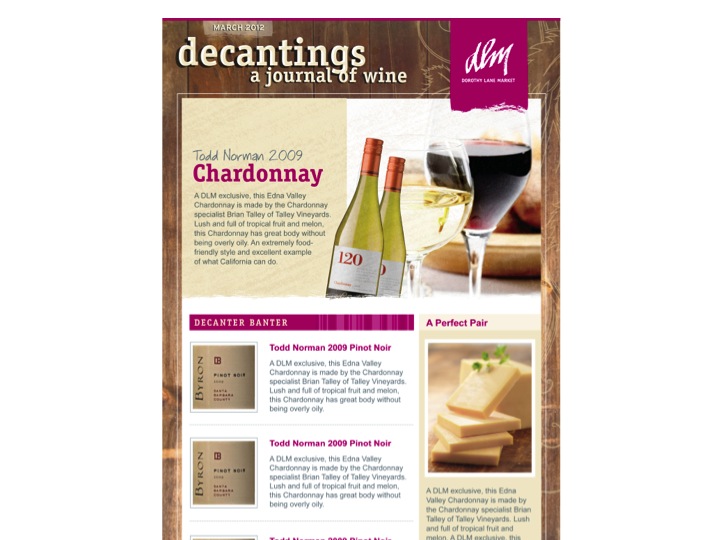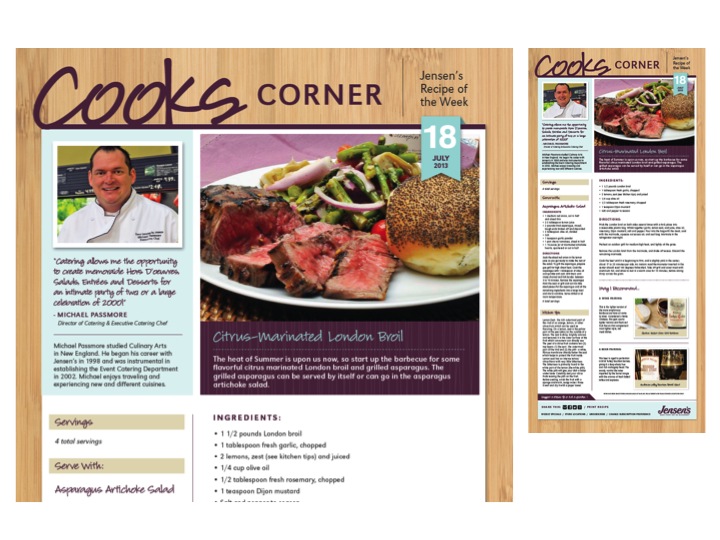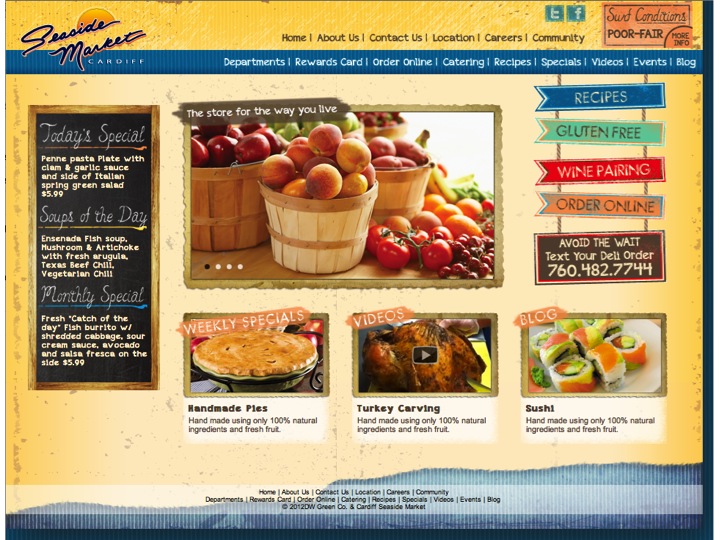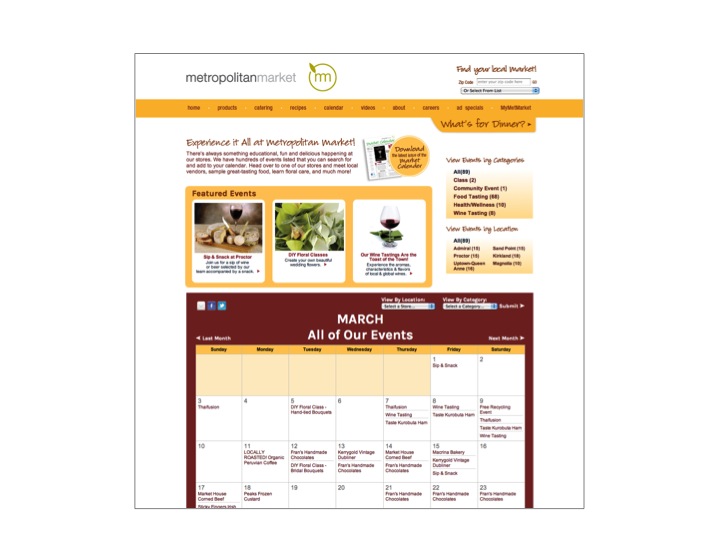DW's Blog
The Disappearance of Time: Experiencing Your True Nature in Flow
by DW Green — November 5, 2025
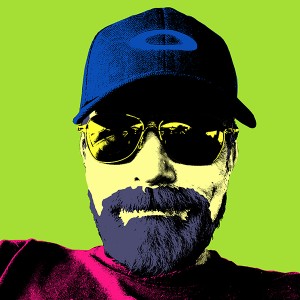
“It’s the love of the moment as it is – not love for the moment, as if you’re a separate someone approving of what’s happening, but the love that is the moment when there’s no one standing apart from it.”
“I lost track of time.”
How often have we said this? After hours deep in conversation with a friend, after painting or writing or playing music, after a day on the golf course or a long drive through unfamiliar territory. We say it casually, as if it’s merely a curious side effect of concentration or enjoyment.
But what if this common experience is actually pointing to something profound about the nature of consciousness itself?
The separate self – that sense of being a distinct “me” observing and navigating the world – exists in time. It lives in a perpetual narrative: remembering the past, anticipating the future, evaluating the present moment against both. This constant commentary creates the experience of time passing, of moments stringing together like beads on a thread, with “you” as the witness watching them go by.
But in flow – in those moments when you’re completely absorbed in an activity – something remarkable happens. The narrator goes quiet. There’s no longer a “you” standing apart, watching yourself play golf, or drive, or converse. There’s just the swing, the road unfolding, the dance of ideas arising. The boundary between the doer and the doing dissolves.
And when that separation dissolves, time dissolves with it.
This isn’t metaphorical. When you emerge from deep engagement and are shocked at how much time has passed, you’re not experiencing faulty perception. You’re experiencing the absence of the very mechanism that creates the sensation of time passing: the sense of a separate self moving through sequential moments.
Think of a river flowing toward the ocean. The water doesn’t pause to observe itself moving. It doesn’t stand apart from its own flowing. It simply flows – seamlessly, effortlessly, without friction. And in that complete surrender to its nature, it makes that beautiful sound, that rushing music we find so peaceful to be near.
That’s what happens in flow. You become like the river – not someone doing something, but the doing itself. And just as the river doesn’t struggle with being a river, you discover an effortlessness, a rightness, even a quiet joy in this state of complete absorption.
What’s most striking is how intuitively we understand this. Look at how we structure our lives. We don’t just work and handle obligations – we carve out time for hobbies, for road trips, for creative pursuits, for activities that we say we “need.”
We need our golf game, our time in the garden, our music, our long drives through new territory. We might say we’re “unwinding” or getting “me-time,” but what we’re really seeking is something deeper: regular access to that state where the exhausting job of being a separate self temporarily drops away.
A hobby isn’t just leisure. It’s a portal into flow. When you’re fully engaged with your golf swing – feeling the weight shift, reading the green, that satisfying click of clean contact – there’s no room for the usual mental chatter. The same happens on a bike, where the rhythm of pedaling, the wind on your face, and the landscape flowing past merge into a single seamless experience. The scenery, the fresh air, the physical rhythm, the challenge – it all pulls you into complete presence. You’re not thinking about the activity while simultaneously worrying about work or replaying yesterday’s conversation. You’re just… riding, golfing, being. The same happens on a road trip through unfamiliar territory. When everything is new – the landscape, the architecture, the faces of strangers going about their unique work and relationships – the mind can’t fall back on its usual patterns and stories. It has to simply be with what’s arising. The newness itself becomes an invitation into presence.
There’s something about moving through country you’ve never seen that naturally quiets the narrator. The separate self thrives on the known, the habitual, the story it tells about “my life” and “my world.” But when you’re somewhere completely new, engaging with places and people outside your usual narrative, that construct softens. The beauty and excitement of discovery pulls you fully into the moment, and suddenly hours have passed like minutes.
And here’s what’s remarkable: you can be sitting at home, nowhere near a golf course or a highway, just remembering a road trip, and that same peace and joy can arise. Which reveals something crucial – it’s not actually the road trip or the hobby that creates the peace. These experiences simply help release the contraction, help you drop into being fully present, and that reveals the peace and joy that’s always here.
The separate self is a contraction – a subtle but persistent tension, a friction with life itself. It creates the sense that “I” am here and the world is there, and I must constantly manage the relationship between the two. It requires perpetual maintenance: worrying, planning, defending, comparing, judging.
Flow offers relief. Not through effort or spiritual practice, but through the natural dissolution that occurs when attention becomes completely absorbed. The contraction releases. The boundary between subject and object softens. The one who does and the thing being done merge into a single, seamless activity – like water flowing toward the sea.
And in that merging, something else becomes available: a quiet sense of rightness, of ease, even of bliss. Not the dramatic bliss of mystical experience, but something more intimate and immediate – the simple peace of being without the burden of being someone in particular.
This is why time disappears in flow. Time requires a perspective point – a “you” positioned in the present, looking toward past and future. When that perspective point dissolves into the activity itself, there’s no one left to mark time’s passage. There’s only the eternal now of pure doing, pure being.
You might notice this even in simple moments: washing dishes with complete attention, where the warm water and the smooth plate and the rhythmic motion become a single experience, and suddenly ten minutes have passed unnoticed. Or in deep conversation, where ideas flow back and forth so fluidly that you and your conversational partner seem to become one thinking process, and when you finally pause, you’re surprised to find hours have slipped by.
These aren’t special states available only to meditation masters or artistic geniuses. They’re ordinary human experiences that we all know, that we all actively seek out – often without recognizing the deeper truth they reveal.
What they show us is this: the separate self is optional. It’s not what we fundamentally are. It’s a construction, useful for certain tasks, but not the ground of our being. When it relaxes – when we become absorbed enough in an activity that the sense of being a separate observer drops away – we don’t disappear. Something remains. Something that is awake, present, engaged, even joyful.
That something is our true nature: not a separate self positioned in time, but awareness itself, seamlessly united with the present moment. Like the river that doesn’t observe its own flowing but simply is the flowing.
The beauty is that you don’t need to understand this intellectually to benefit from it. The experience itself is the teaching. Every time you lose yourself in an activity you love, every time hours pass like minutes on a beautiful drive or an afternoon pursuing your hobby, you’re being given a direct taste of what it’s like to live without the burden of separation.
And that taste – that peace, that ease, that quiet bliss – is what you’ve been seeking all along. It’s why hobbies feel essential rather than optional. It’s why we crave new experiences and unfamiliar roads. It’s why we return again and again to activities that invite us into complete absorption.
We’ve intuitively organized our lives around creating doorways back to our true nature, even if we don’t consciously recognize that’s what we’re doing.
The question isn’t how to create these experiences. They arise naturally when attention becomes absorbed. The question is: what if you could recognize what’s being revealed in these moments? What if you could see that the peace you feel in flow isn’t produced by the activity, but uncovered by the temporary release of the contraction – the relaxing of the separate self?
Time doesn’t disappear because you’re concentrating hard or because the scenery is beautiful. Time disappears because the one who experiences time – the separate self existing across past, present, and future – has temporarily dissolved into the timeless now
And in that dissolution, you discover what you’ve always been: not someone moving through time, but the aware presence in which all experience, including the illusion of time itself, appears.
The bliss you feel in flow isn’t something you achieve. It’s what remains when the contraction releases, when you stop being someone in particular.
It’s the love of the moment as it is – not love for the moment, as if you’re a separate someone approving of what’s happening, but the love that is the moment when there’s no one standing apart from it.
It’s what you are when you forget to be you.
Like the river, you’re not separate from your flowing. You are the flowing itself.
And that flowing – that effortless movement through life when the sense of separation drops away – is available not just in special moments, but as your natural state. The hobbies, the road trips, the absorbing conversations aren’t creating something new. They’re simply revealing what’s been here all along, temporarily obscured by the habit of contraction.
The peace isn’t somewhere else, waiting to be found on the next fairway or around the next bend in the road.
It’s here, now, in the simple being that remains when you stop working so hard at being someone.
Read More – Want or Need?
Filed Under: DW's Blog































